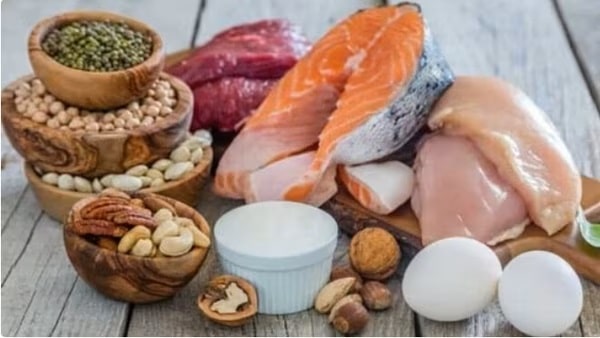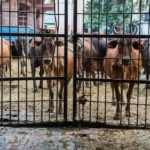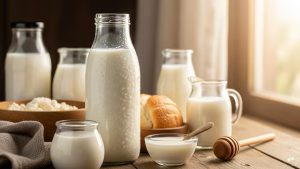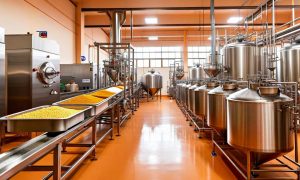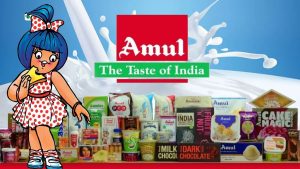
World Protein Day is celebrated every year on February 27. The day highlights the crucial role of protein in our diet for the development and maintenance of our bodies. Established in 2020 by the Right to Protein awareness campaign, this day aims to raise awareness about the significance of protein in our diet and encourage individuals to make informed choices about their protein intake.
The theme of World Protein Day 2024 is “Solve With Protein”. The initiative calls on individuals, businesses, and industry leaders to unite in addressing the surging demand for protein-rich foods, delivering protein solutions that are accessible to citizens across the country.
Why do we need protein?
Protein is the main building block of the human body. It is an essential nutrient responsible for multiple functions in your body, including building tissue, cells and muscle, as well as making hormones and antibodies. For most people, a daily dose of around 0.8-1g of protein per 1kg of body weight is recommended.
One can get protein from both plants and animals. Here are some of the cheapest sources of high-protein foods:
Eggs
Eggs are among the most nutritious foods on the planet, containing a little bit of almost every nutrient you need. Omega-3 enriched and/or pastured eggs contain more of certain nutrients. Eggs are an excellent source of protein and are the main building blocks of the human body. One medium egg has around 6g of protein in an easily digestible form.
Milk and Milk Products
Dairy foods are packed with protein and contain bone-building calcium, too. Milk contains 3.3% of total protein. Milk proteins contain all nine essential amino acids required by the human body. Since paneer is made from milk, it is considered a complete protein source. In addition to tasting great, it has few calories.
Yoghurt
Yoghurt is a food produced by the bacterial fermentation of milk. It is a good protein-rich food. One cup of yoghurt contains 8.50 grams of protein. Yoghurt provides high biological value proteins and essential fatty acids. It is also a rich source of calcium, phosphorus, potassium, vitamin A, vitamin B2, and vitamin B12.
Beans and pulses
Beans and pulses are great, cheap protein sources. They’re also a useful plant source of iron and are rich in fibre. Make delicious dishes with lentils and chickpeas.
Soya
Soybeans are essential to mention while discussing affordable protein sources in India. Vegetarians love these high-protein powerhouses. Despite being derived from plants, they include every essential amino acid.
Nuts and seeds
Nuts and seeds are good sources of protein, healthy fats, fibres, vitamins and minerals. Around 50 pistachio nuts provide 6g of protein plus sodium and potassium. Peanuts, almonds, walnuts, hemp seeds, flax seeds, and chia seeds —all are high in protein, vitamins and fibers as well.
Some seeds are surprisingly high in protein. Pumpkin, hemp, and watermelon seeds all have more protein than most nuts, including almonds.
Fish and seafood
Fish and seafood are good sources of protein and are typically low in fat. While slightly higher in fat than other varieties, salmon packs in heart-healthy omega-3 fatty acids, which can reduce joint stiffness and inflammation.
Chicken
Chicken is a great source of protein. Chicken breast is lean and has the most protein by weight, making it ideal for people who want to lose weight, maintain muscle mass and improve recovery.
